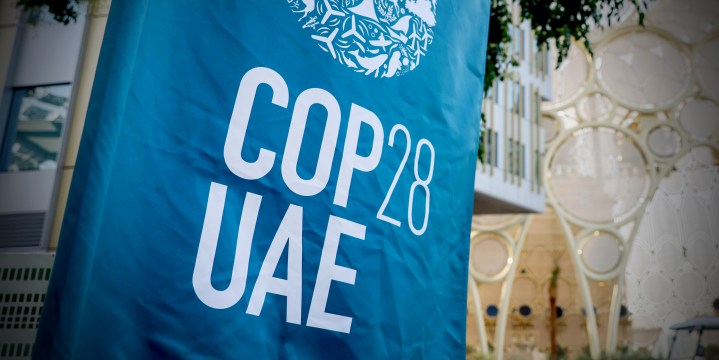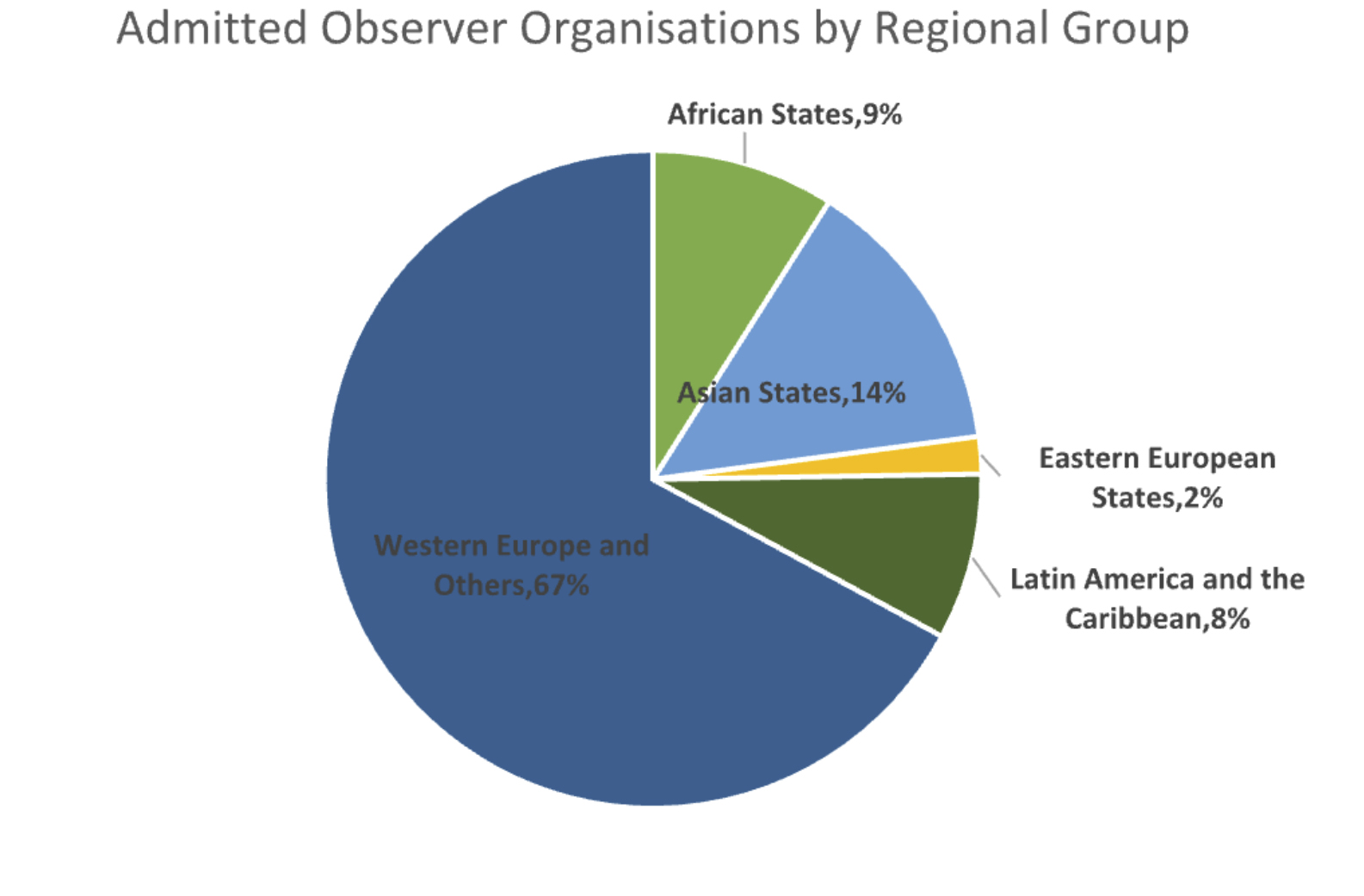COP28 OP-ED
More COP input needed from Global South universities to draw attention to region’s needs

Universities have a role to play in evidence-based policymaking and climate justice at conferences such as COP28 , but the lack of academic representation from the Global South is glaring.
The theme of COP28 was action, and while a few key decisions were made at the last minute, scientists remained concerned about the lack of progress.
Much of the analysis done by the Global Stock Take (GST) suggests that, on current trajectories, it’s unlikely that the goal of limiting temperature increases to 1.5°C will be realised. Many also argue that action will not be possible without the necessary commitments to finance from historical polluters.
The major outcomes of COP28 include the decision to phase down fossil fuels – shockingly, something that has not been agreed on before – and the agreement on the Loss and Damage Fund, which still needs to be adequately financed.
The slow progress of negotiations at recent COPs is a serious concern as climate change impacts increase and global average temperatures continue to rise. This calls for further understanding of the COP processes and research on the causes of the delays. Universities can play an important role in supporting evidence-based policymaking at these conferences, but there is a stark lack of representation of universities from Global South countries.
COP28 stands out as the COP with the largest number of attendees – more than 97,000 – which is more than double the numbers at COP27. It is also the first year that Opec had its own pavilion and the number of oil and gas lobbyists was higher than ever, at more than 2,400.
The number of observer organisations had also grown. Observer organisations registered about 20,000 participants and included UN agencies, intergovernmental organisations and non-governmental organisations. They play an important role in observing negotiations and holding parties accountable to their constituents.
Observer organisations have to apply through the United Nations Framework Convention on Climate Change (UNFCCC) far in advance to be able to attend COP and are required to fund their own participation. The graph below illustrates the regional representation of observer organisations. Turkey, Israel, Canada and the USA are included under western Europe and others.

This graph shows the significant differences in regional representation, with the majority of observer organisations coming from western Europe and other states, while all other regions add up to 32.9% of observer organisations. Observer organisations are grouped by constituency; business and industry NGOs; environmental NGOs; farmers, indigenous peoples organisations); local government and municipal authorities ; research and independent NGOs (Ringo); trade union NGOs; women and gender, and youth NGOs.
Wits University in Johannesburg, South Africa, hosted a panel discussion on the role of universities at COP28 and the implications for evidence-based policymaking and climate justice.
Universities are represented within the Ringo constituency and the significant numbers of western Europeans and North Americans are also very stark within the Ringo constituency. As one of the only universities from the Global South, we at Wits University felt it was, therefore, important to discuss what this representation meant for evidence-based policymaking and climate justice.
This year is the 28th Conference of the Parties to the UNFCCC, and yet climate change has progressed, with increasing emissions, use of fossil fuels and rising average global temperatures.
COP28 is an important part of international climate change policy processes, but progress is slow, and the differentiated responsibility for climate change is under-emphasised.
Research plays an important role in informing policy, and the relatively low representation of Global South universities is likely to impact on which parties are well-equipped to argue for their positions using evidence. There is also inequality in the access to finance for climate research, with less than 4% of global financing for climate research being spent on topics in Africa in the past 30 years.
The panel discussion included academics and students from universities across continents and discussed what the major research gaps are on climate policy, what universities should be doing to support global climate action and how universities from the Global South can be supported to attend and engage in the UNFCCC processes.
A few proposals were made for what universities and entities in the Global North can do to support access and address the inequality in representation of Global South universities and scholars at COP:
- Offer badges and funding to universities in the Global South;
- Invite Global South universities to participate on panels and present their research;
- Invite Global South universities to partner on hosting pavilions; and
- Provide unconditional grant finance for Global South universities and countries
The panellists also called for more coordination between universities on climate change research and advocacy. One suggestion was for universities to provide an introduction to climate change as part of all first-year induction processes, as has been done at Wits University. This can promote interdisciplinary research on climate change. Transdisciplinary research must also be encouraged, which prioritises different forms of knowledge such as indigenous knowledge systems.
Professor Carlos Lopes, chair of the board of the African Climate Foundation, highlighted that universities should be working on climate action at four levels: voice, policy, science and accountability.
While COP28 has delivered progress on an agreement to transition away from fossil fuels, key issues that are most relevant to African countries that need to adapt to climate change include gender inequality and health. To bring more awareness to these issues, universities can increase their engagement on global climate policy and action to inform evidence-based policymaking and climate justice. DM
Wits students Yashila Govender (Science) and Bathandwa Mtebele (Law) both attended COP28. Julia Taylor is a researcher at the Southern Centre for Inequality Studies. Imraan Valodia is Pro Vice-Chancellor: Climate Sustainability and Inequality and director of the Southern Centre for Inequality Studies.















 Become an Insider
Become an Insider
Comments - Please login in order to comment.